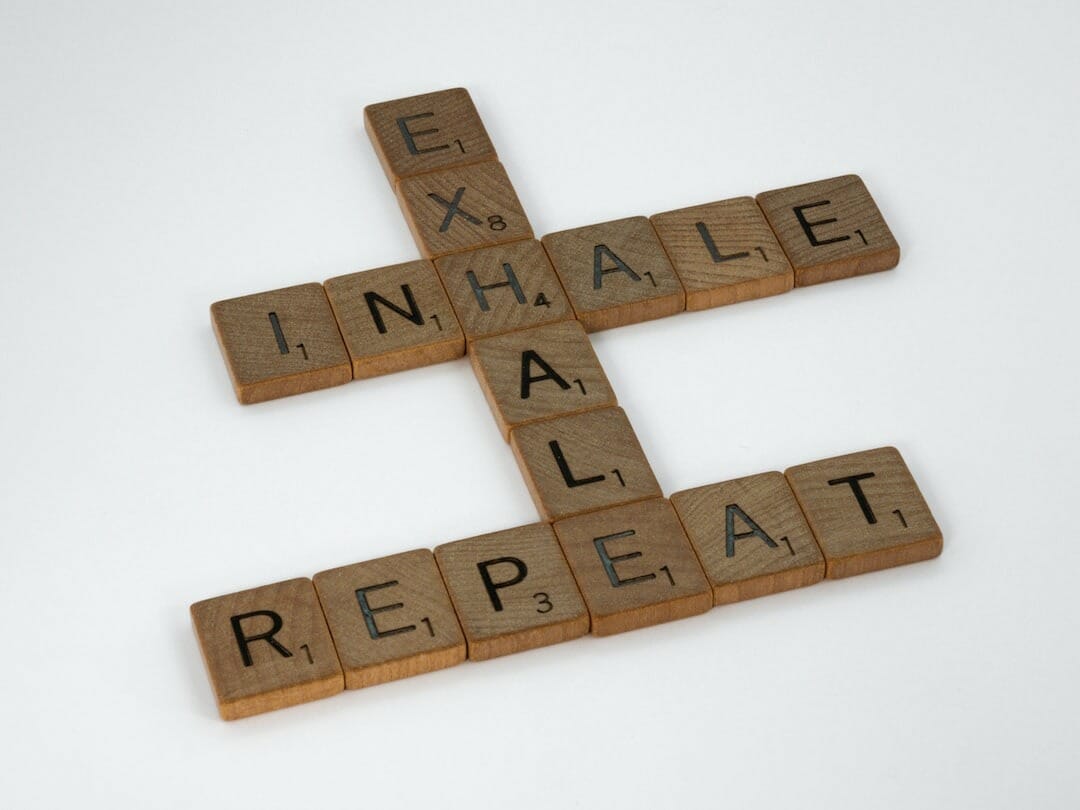
There is a characteristic that many people struggling with addiction often share. It is known as “terminal uniqueness.” This refers to the feeling that what they are experiencing in active addiction, such as the pain they feel, the hurt they cause, and the loneliness they experience, is wholly unique to them. However, once they discover recovery, they soon realize that these feelings were also felt among their peers, and they take solace in having that “shared experience.” However, this terminal uniqueness can still surface, even in recovery. Especially when the question arises, “Am I a failure if I relapse?”
The Painful Reality of Relapse
Relapse is an unfortunate reality of recovery that should not be ignored. According to the clinical journal, Current Psychiatry Reports, “Recent estimates from clinical treatment studies suggest that more than two-thirds of individuals relapse within weeks to months of initiating treatment,” and “for 1-year outcomes across alcohol, nicotine, weight, and illicit drug abuse, studies show that more than 85% of individuals relapse and return to drug use within 1 year of treatment.”
Are these statistics rather staggering? Yes. Are these statistics somewhat discouraging? Yes. Are we here at Lantana Recovery discouraged? Absolutely not.
At Lantana Recovery, we understand that recovery journeys are not always linear. Just like life, the road can take us in a different direction, and yes, sometimes it takes us off course. The key is to recognize the shift and correct course. Ideally, this happens before a relapse occurs, but if it doesn’t, there are many effective recovery options to get back on track.
Am I a Failure if I Relapse?
Let us get this out of the way right off the bat: “Am I a failure if I relapse?” Absolutely not. No one in recovery is a failure. Period. In fact, no one struggling with addiction is a failure either. As they say in 12-Step recovery, addiction is a “cunning, baffling, and powerful” disease, and no one simply wakes up and decides that addiction is the path they want to be on.
So, now that the “failure if I relapse” question is refuted, it’s time to get to the real work of relapse recovery. Many individuals that struggle with relapse continue to struggle because they feel the unwarranted guilt and shame that often accompanies feelings of failure. At Lantana Recovery, we approach release with the type of respect and empathy that the situation requires. We are a safe space, first and foremost.
The Redemption After a Relapse
We also remind clients that a relapse never has to be the end. In fact, a relapse can easily be reframed as a new beginning. A relapse offers the potential for personal redemption.
Remember, it is not how we fall in life, but it is how we get back up. Individuals that have already gone through recovery understand this. They are resilient. Quite frankly, resistance is often a requirement of recovery as it can be one of the most challenging journeys a person can experience. However, it is also often the most rewarding.
One of the key components of a relapse policy should be to remind an individual of this resilience. Remind them that they are strong and to not be too discouraged. They have done it before, and they can do it again. Also, they have a new data set that can help them prevent another relapse in the future. This is part of the growth that is required for a healthy recovery.
Creating a Relapse Prevention Plan
A critical aspect of addressing relapse is to take note of the events that led up to it. In taking a pre-relapse inventory, an individual can see where they may have been “triggered” or where they may have begun to stray from their set long-term recovery plan.
From there, an individual can start to take the appropriate actions to avoid a future relapse. This may involve avoiding certain “people, places, and things” that may have previously caused recovery strife. It may also involve reconnecting to a recovery community. For example, an individual may reconnect with a 12-Step community if that is part of their program. Or, if it is not, they may consider testing the waters.
Failure Is Not Part of the Vocabulary at Lantana Recovery
Here in the Low Country, we believe in relying on the kindness of others. We believe in redemption, and we believe that the best is always yet to come.
That is why as the premier treatment center in the Low Country, we here at Lantana Recovery do not use failure as part of our vernacular. Remember, a relapse is never the end as long as it is treated as a new beginning. No, failure does not fester here at Lanatana Recovery. Only hope blossoms here.
After getting sober and starting a journey of recovery, relapse is always a possibility. Experiencing a relapse can be challenging to cope with. It makes many individuals feel as if they have somehow failed at recovery. No one goes into sobriety hoping to one day relapse. The reality is that sometimes even when you have tried your hardest, you still make mistakes. Relapse is just that: a mistake. People make mistakes every day. However, relapse does not equal failure. If you feel like you or a loved one may be struggling with addiction, you are not alone. For information on getting sober after a relapse, call Lantana Recovery. We are here to help and can be reached at (866) 997-2870.








